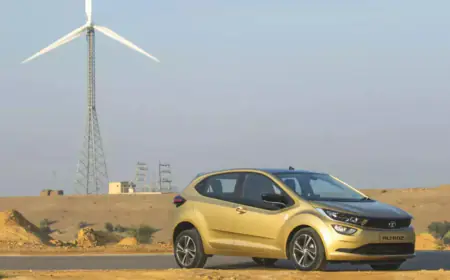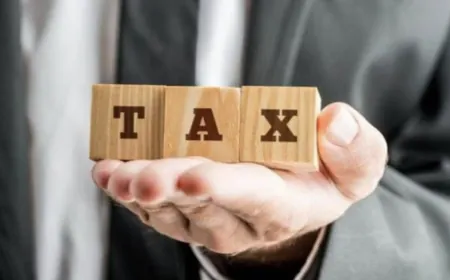G-20 approves Indian agenda of economic development, poor and developing countries will benefit
All G20 countries supported India's global economic development agenda. This will help in the economic development of poor and developing countries. India has set its economic agenda keeping in mind the recovery of developing and poor countries facing economic challenges due to the Corona epidemic and the subsequent war between Russia and Ukraine.

All the G-20 countries have approved India's agenda for global economic development. With this, the path for economic development of poor and developing countries was cleared.
India had decided its economic agenda keeping in mind the recovery of the developing and poor countries facing economic challenges due to the Corona epidemic and the subsequent Russia-Ukraine war.
India wants that there should be financial inclusion in these poor countries also, everyone should have an account, they should get the opportunity for sustainable development and poverty should be reduced in them too. For this, India had set the agenda of running financial inclusion programs in poor and developing countries through the Digital Public Infrastructure (DPI) and the Green Technology Pact, to which 20 powerful countries of the world gave their consent.
Also, changing the format of the Multilateral Development Bank (MDB) and strengthening it was also approved on India's agenda. Its biggest advantage will be that poor and developing countries will also get easy loans from MDB for their new needs.
Finance Minister Sitharaman said that keeping in mind the needs and challenges of the next ten years, a fund of 200 billion dollars will be created in MDB. Loans will be given from this fund mainly to deal with the challenges related to climate change.
India believes that due to climate change, if any country adopts means like solar, hydrogen, or electric vehicles, then it will also lead to their economic development, but for this, they will need funds that will be provided by MDB.
For economic development, under Digital Public Infra, people of poor countries will be given digital identity, their bank accounts will be opened and they will be provided fast payment facilities like UPI.
Currently, more than three billion people in the world do not have bank accounts and four billion do not have digital identities. India was emphasizing financial inclusion through DPI because through it everyone, big or small, gets an equal opportunity to progress.
It was also agreed among the G-20 countries that to fight the challenges of climate change, countries will adopt the model that is convenient to them. No model will be imposed on them.
Many poor countries who have already taken loans from global agencies and are unable to repay the loans will also be given relief and new loans will also be given to them.
G-20 countries also agreed on their economic model to prepare the city for the future. MDBs and other global banks will help the cities to become economically independent and initially such a pilot can be run in some cities of the world.
The objective is that big cities are no longer dependent on any government for their development and to provide high-level facilities to the people.
Consensus regarding global regulation on cryptocurrency: India insisted from the beginning that no country alone can regulate crypto. Because it is related to technology.
All the G-20 countries have agreed with India and now it will be regulated at the global level. Its framework has been prepared and a decision regarding its implementation will be taken in the meeting of Finance Ministers of G-20 countries and heads of central banks in October this year.
For Latest News update Subscribe to Sangri Today's Broadcast channels on Google News | Telegram | WhatsApp
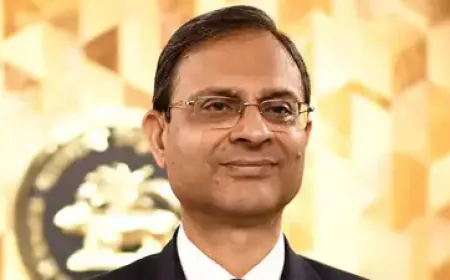

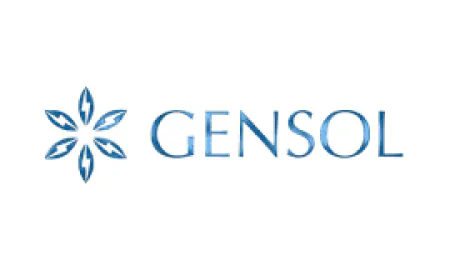
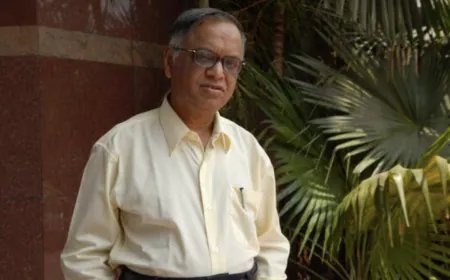






























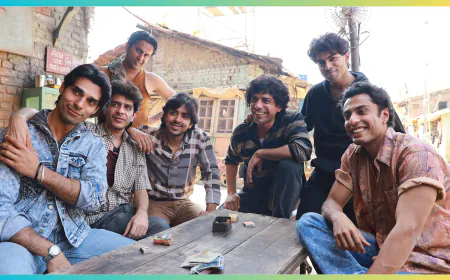


.jpeg)


























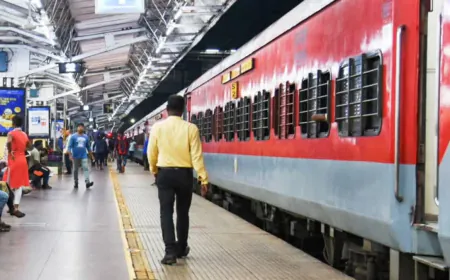














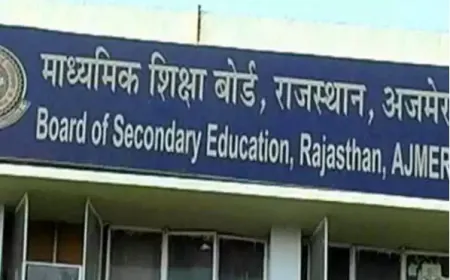
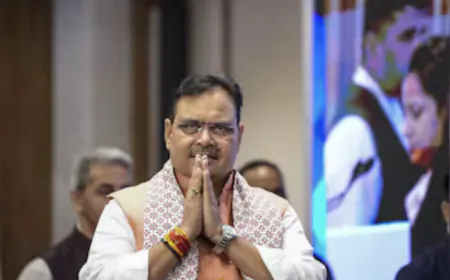


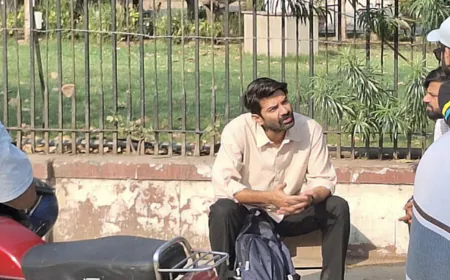















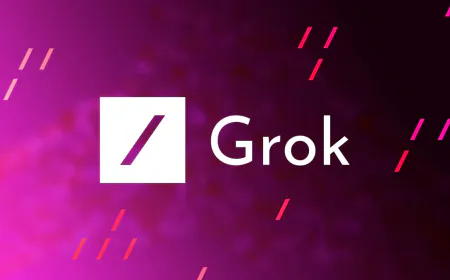













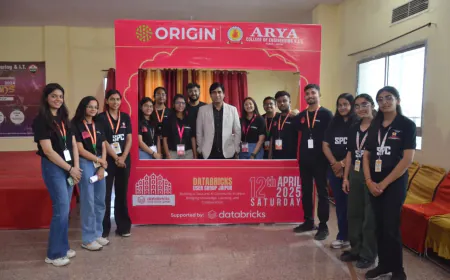


.jpeg)



